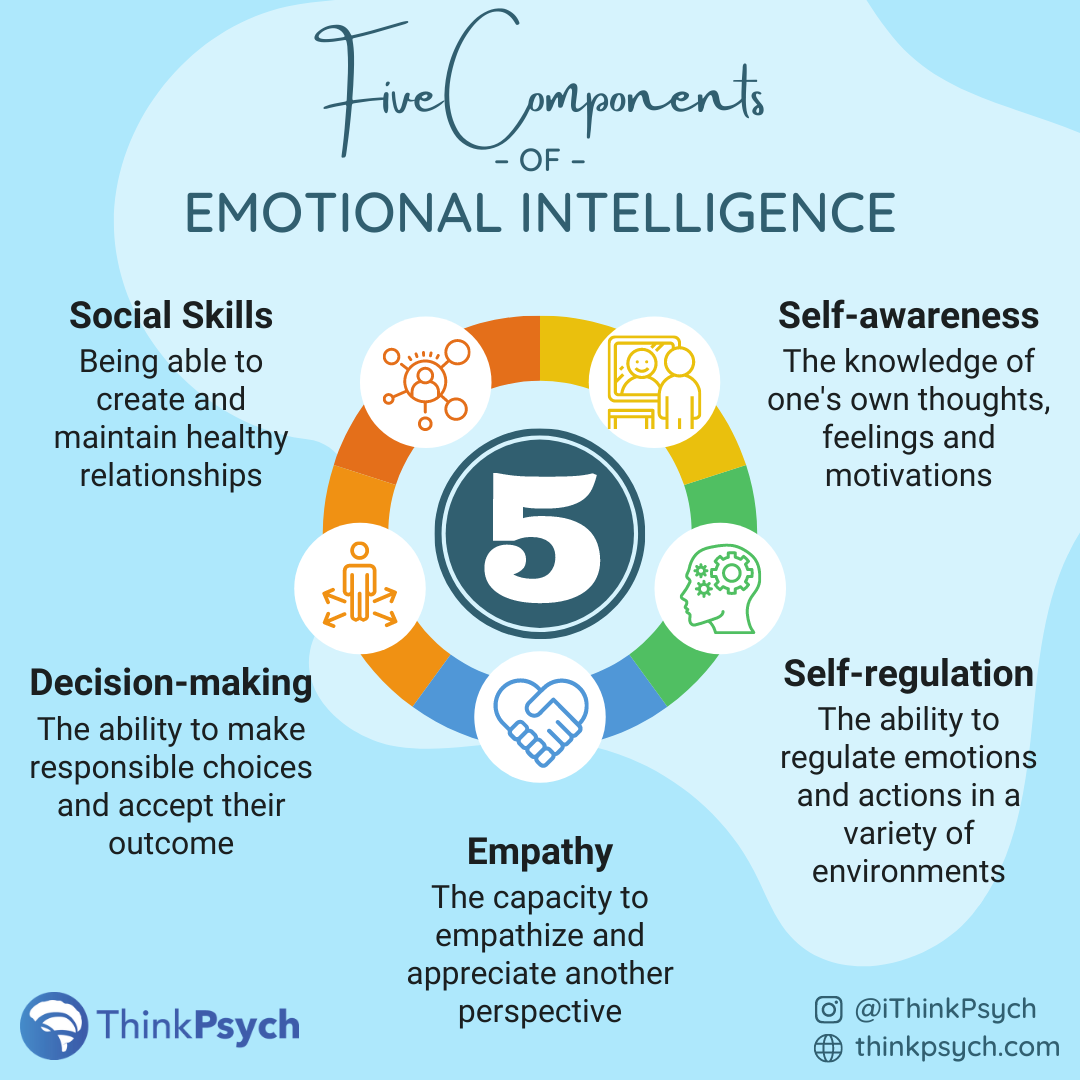How to Support Your Emotional Development
Emotional development is a crucial aspect of a child’s overall well-being and success in life. As parents, it is important to actively support and nurture your child’s emotional growth from a young age. Here are some tips on how to support your child’s emotional development:
Provide a Safe and Loving Environment
One of the most important ways to support your child’s emotional development is by providing a safe and loving environment for them to grow and thrive in. Children thrive when they feel safe, loved, and supported. Make sure to create a nurturing home environment where your child feels comfortable expressing their emotions and thoughts.
Encourage Emotional Expression
Encourage your child to express their emotions openly and honestly. Let them know that it is okay to feel sad, happy, angry, or scared. Teach them healthy ways to cope with their emotions, such as talking about their feelings, writing in a journal, or engaging in physical activity. By encouraging emotional expression, you are helping your child develop emotional intelligence and resilience.
Teach Empathy and Compassion
Empathy is a key component of emotional intelligence. Teach your child to empathize with others and be compassionate towards their feelings. Help them understand that everyone experiences emotions differently and that it is important to be kind and understanding towards others. By teaching empathy and compassion, you are helping your child build strong and meaningful relationships with others.
Set Boundaries and Provide Consistency
Children thrive on routine and consistency. Set clear boundaries and rules for your child to follow, and be consistent in enforcing them. This will help your child feel safe, secure, and empowered. Consistency also helps children learn about cause and effect, which is important for their emotional development.
Encourage Problem-Solving Skills
Teach your child how to problem-solve and navigate through challenging situations. Encourage them to think critically, come up with solutions, and learn from their mistakes. By developing problem-solving skills, your child will learn resilience, adaptability, and confidence in facing life’s challenges.
Be a Role Model
As a parent, you are your child’s first and most influential role model. Show them how to manage emotions, cope with stress, and communicate effectively. Be mindful of how you express your own emotions and handle conflicts. Your child will learn from your example and emulate your behavior.
Seek Professional Help When Needed
If you notice that your child is struggling with their emotional development, don’t hesitate to seek professional help. A child psychologist or therapist can provide valuable support and guidance to help your child overcome any emotional challenges they may be facing. Remember, it is okay to ask for help when needed.
Supporting your child’s emotional development is a journey that requires patience, understanding, and love. By creating a safe and nurturing environment, encouraging emotional expression, teaching empathy and compassion, setting boundaries, and being a positive role model, you are laying the foundation for your child to grow into a emotionally healthy and resilient individual.


